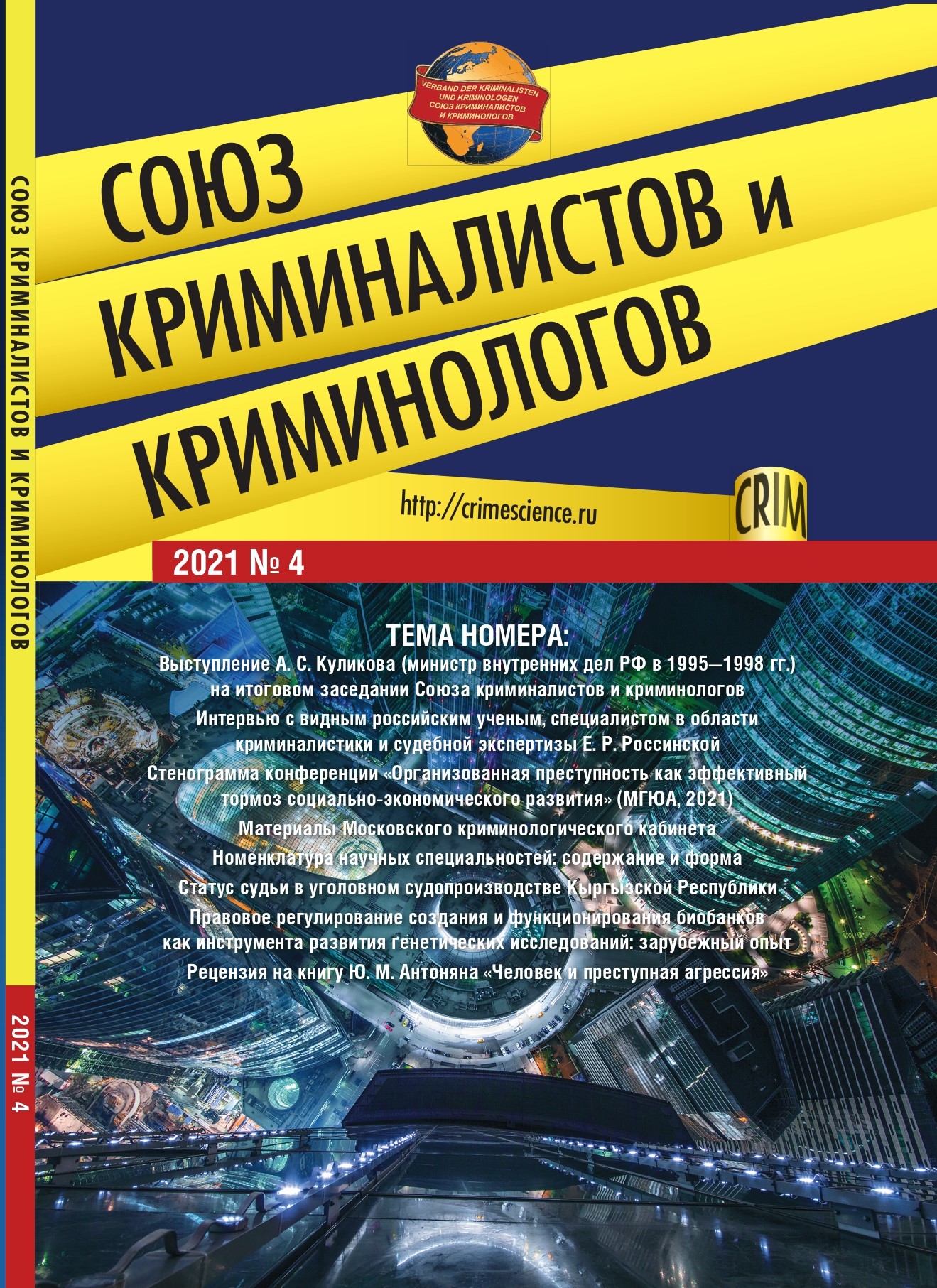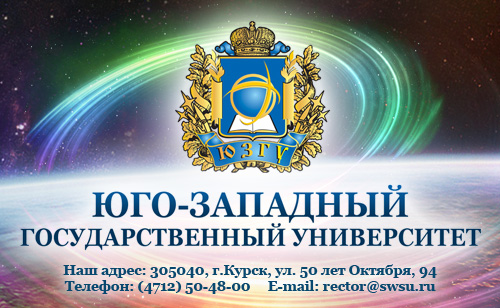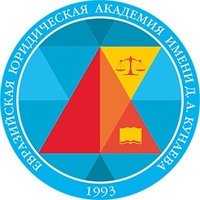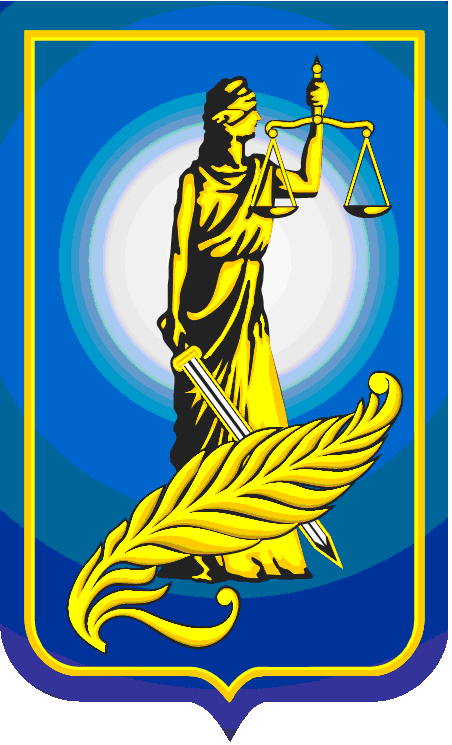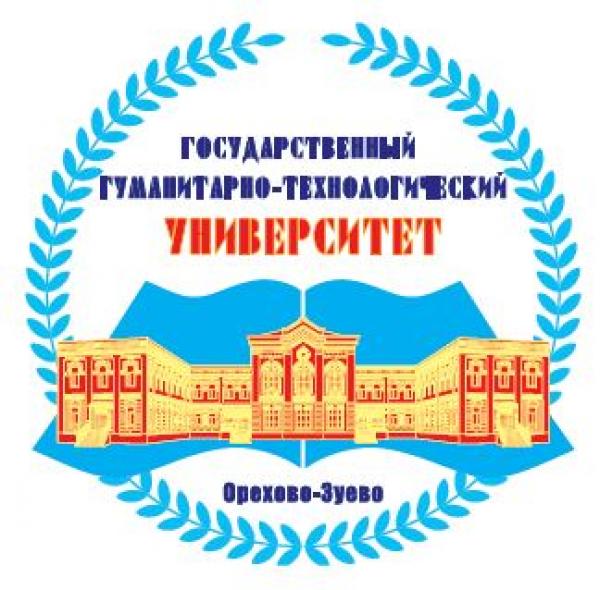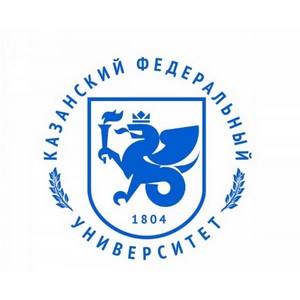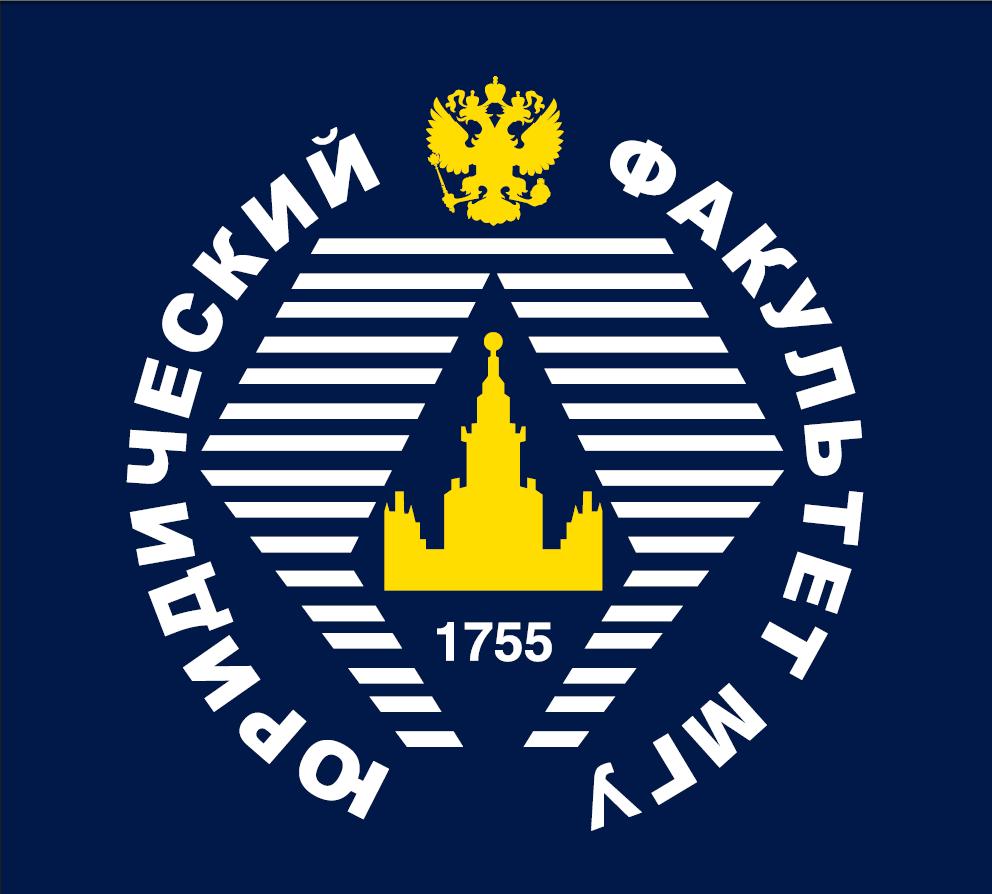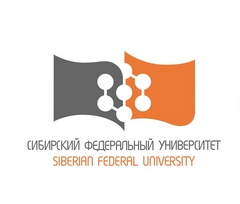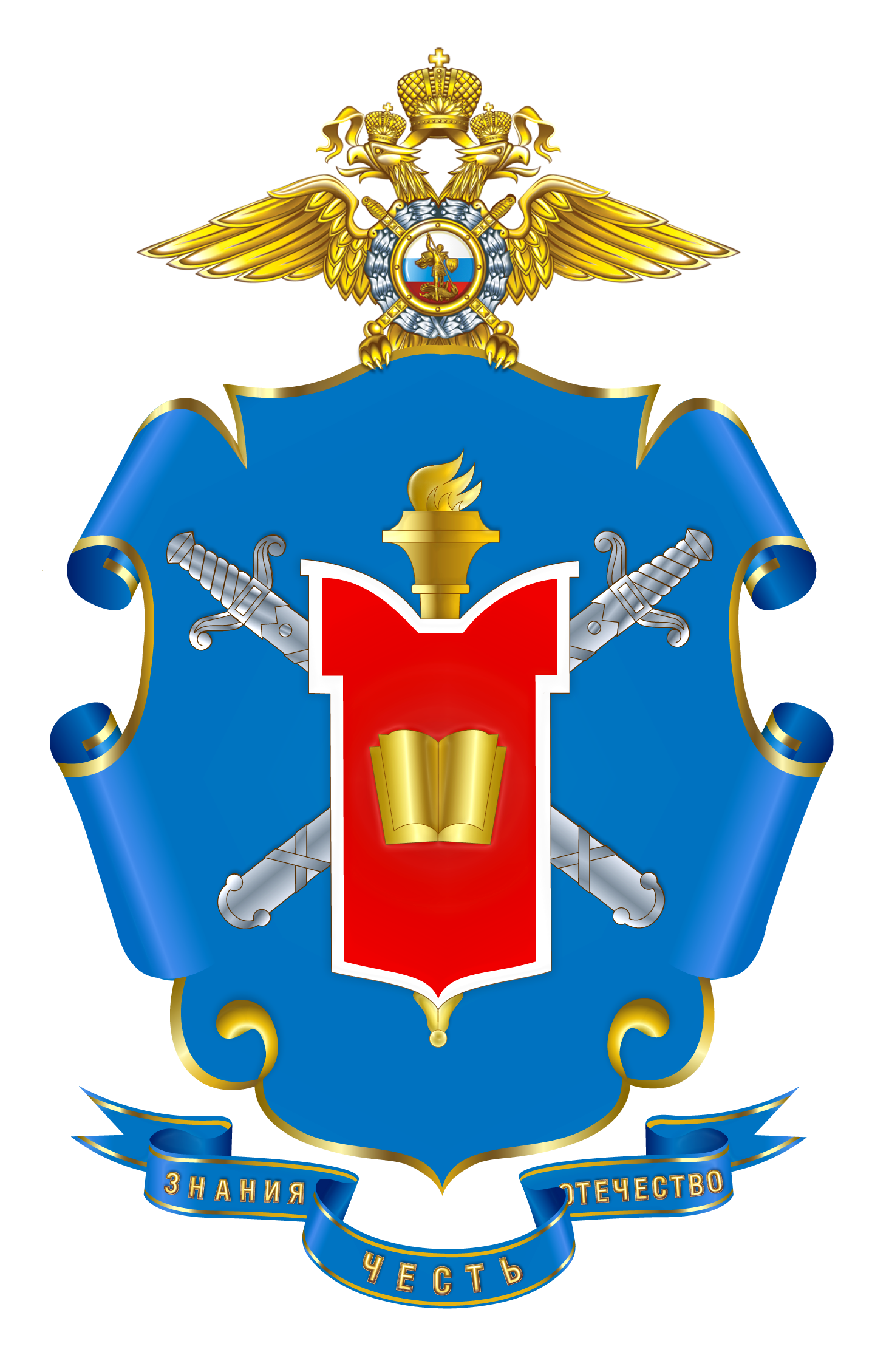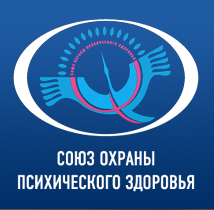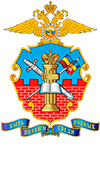The author’s project ‘Criminal law gatherings at N.A. Lopashenko’s’ together with the Saratov Branch Office of the Union of Criminalists and Criminologists
The mono format with Associate Professor Evgenia V. Rogova
On 30 March 2021, a regular online meeting of the author’s project ‘Criminal law gatherings at N.A. Lopashenko’s’ was arranged together with the Saratov Branch Office of the Union of Criminalists and Criminologists. The meeting was held in the mono format, i.e. one report and its discussion. The event was dedicated to Counselor of Justice Evgenia V. Rogova, Associate Professor, Doctor of Legal Sciences, Professor at Irkutsk Law Branch-Institute of the University of the Prosecutor’s Office of the Russian Federation.
In total, the meeting was attended by more than 90 researchers and practitioners from all regions of Russia and neighboring countries: Republic of Belarus, Republic of Kazakhstan, Republic of Tajikistan, Republic of Armenia, Ukraine.
At the beginning, the participants of the Gatherings paid tribute to the memory of their colleagues, who had recently passed away.
Professor Olga L. Dubovik, Doctor of Legal Sciences, Chief Researcher of the Environmental, Land and Agricultural Law Sector of the Institute of State and Law of the Russian Academy of Sciences, has passed away. She developed a model of the environmental law mechanism of action on the basis of large-scale sociological research; a new scientific direction called environmental criminology. Based on the results of the study of eco-corruption in such areas as illegal trade in the environment, eco-certification and eco-licensing, the theory of environmental crimes causes and the theory of environmental conflicts have been developed. In recent years, Olga L. Dubovik actively worked on complex problems of environmental protection legislation (water resources protection, global climate change, biodiversity conservation, etc.).
Associate Professor Pyotr A. Volostnov, Candidate of Legal Sciences, Associate Professor of the Department of Criminal Law at Ural State Law University (Yekaterinburg) has passed away.
After expressing regrets at the recent demise of the beloved and respected colleagues, the organizer of the Gatherings presented a number of scientific works within the section ‘New Books.’ Natalia A. Lopashenko recommended the books for familiarization and use in professional activities.
Then the main speaker of the Gatherings, Evgenia V. Rogova, outlined the topic of her speech: ‘Criminal misdemeanor: expectations and reality.’ In her report, she stated, in particular: ‘the introduction of the category of criminal misdemeanor is one of the significant steps towards the humanization of the criminal law. The main advantage of the implementation of this idea is the exclusion of criminal records in case of committing these offenses, as well as reducing the number of persons sentenced to imprisonment each year. However, the draft law on the consolidation of criminal misdemeanors proposed by the Supreme Court of the Russian Federation contains a number of provisions that are subject to reasonable criticism. This criticism is caused by the fact that they contradict the basic principles of criminal law. First of all, we are talking about the fact that the commission of a criminal misdemeanor can become the basis for exemption from criminal liability, while Article 8 of the Criminal Code of the Russian Federation stipulates that the commission of an act containing all the signs of a crime, on the contrary, is the basis of criminal liability. The introduction of the institution of criminal misdemeanor should be more balanced. The solution to the problem is possible only with the help of a comprehensive, systematic approach. This means a global scientific review of many basic issues, of not only criminal law, but also criminal procedure and administrative law.’
Evgenia V. Rogova received constructive questions from the Gatherings participants. Some of them are the following ones:
- Associate Professor Vladimir N. Shikhanov (Irkutsk): ‘Foreign codes that provide for the category of a criminal misdemeanor are codified acts that include all types of offenses and do not provide for a division into administrative and criminal law. Is it necessary to introduce a criminal misdemeanor in Russian criminal law in this regard?’; ‘Why cannot minor crimes be transferred to the Code of Administrative Offenses?’;
- Professor Sergey F. Milyukov (Saint-Petersburg): ‘Are you familiar with the Soviet Criminal Code of 1918?’, ‘Could you, please, give some arguments against an administrative res judicata in the Criminal Code of the Russian Federation’;
- Professor Anna V. Serebrennikova (Moscow): ‘Do you allow the possibility of drawing on the experience of the foreign states when including the category of criminal misdemeanor in the criminal law?’;
- Associate Professor Elena E. Ponomareva (Petropavlovsk-Kamchatsky): ‘How is it possible to apply Part 6 of Article 15 ‘Category of Crimes’ of the CC RF when including a criminal misdemeanor in the Criminal Code?’;
- Associate Professor Alexandra Vladimirovna Boyarskaya (Omsk): «How do you assess the positive potential of the adoption of the draft law and the introduction of criminal misdemeanor in its current form?’; ‘How do you feel about the increase in the number of other measures of a criminal-legal nature?’
Within the free discussion, other specialists and experts shared their opinions.
At the end of the event, Associate Professor Evgenia V. Rogova thanked the participants for their interest in the topic of discussion.
The review was prepared by the Secretary of the Union of Criminalists and Criminologists Saratov Branch, Roman Komyagin
Translated by Elizaveta O. Ovchinnikova







